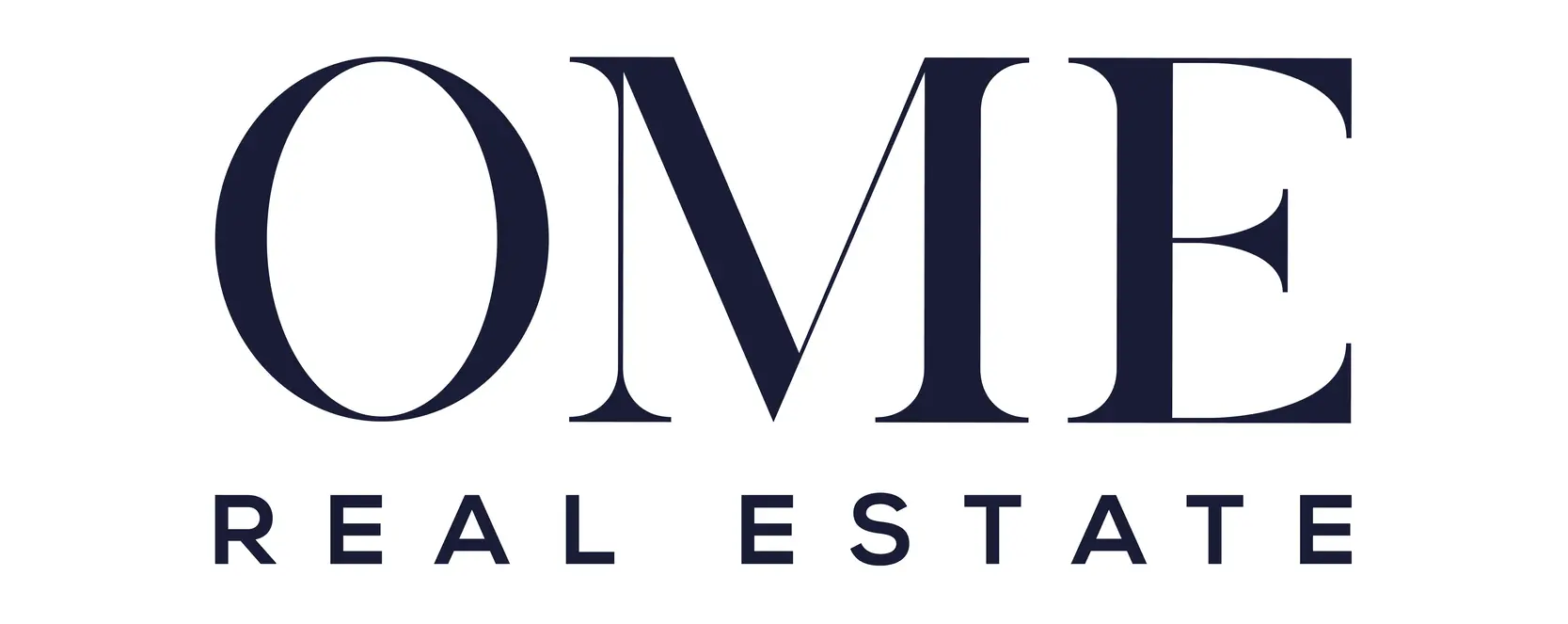Introduction
Buying your first home in Dubai is thrilling! The vibrant city offers endless possibilities and unique experiences. However, it can also be challenging to navigate the complexities of the real estate market. Making informed decisions is key to ensuring a smooth journey in this dynamic environment.
Summary and Overview
Dubai’s real estate market is a magnet for first-time buyers. It boasts a diverse range of properties, tax benefits, and a booming economy. However, challenges abound, including fluctuating prices and understanding local laws. This article aims to provide practical solutions to help you confidently tackle the home-buying process.
Understanding the Dubai Real Estate Market
Dubai’s real estate market has shown remarkable growth over the years. It’s a hub for investors seeking both residential and commercial properties. The market presents opportunities, especially in popular neighborhoods like Dubai Marina, Downtown Dubai, and Jumeirah Village Circle.
Recent statistics indicate a steady increase in property values, with average prices for apartments around AED 1.8 million and villas at AED 3.5 million. Additionally, rental yields remain attractive, often reaching 6-7%. Understanding property laws is vital, particularly the distinction between freehold and leasehold areas. Freehold areas allow full ownership for expats, while leasehold properties offer a set period of ownership.
For more detailed insights, consider exploring market reports specific to Dubai’s real estate market trends for 2024.
Understanding the trends in the Dubai real estate market is essential for making informed investment decisions. Dubai real estate market trends 2024
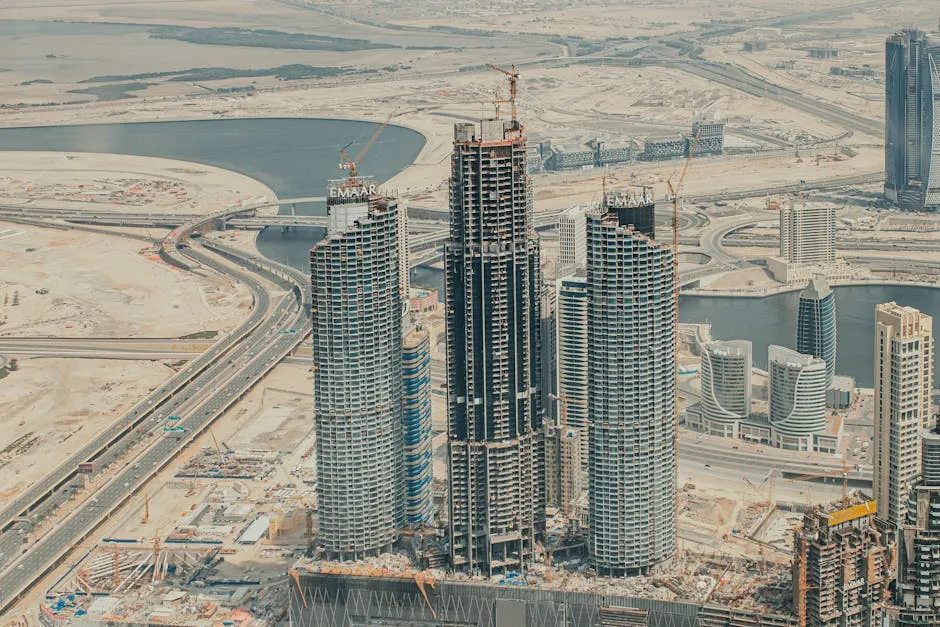
Setting a Realistic Budget
Establishing a budget is crucial for any first-time buyer. Start by assessing your income, savings, and potential financing options. A clear budget helps you focus on properties within your financial reach.
In addition to the purchase price, plan for extra costs. Registration fees typically range around 4% of the property price, and agency fees can reach 2%. Keep in mind the importance of the down payment, which is often 20-25% of the purchase price.
For instance, if you’re eyeing a property priced at AED 1.5 million, expect to allocate around AED 350,000 for the down payment and other initial costs. Proper financial planning ensures you avoid unexpected expenses and helps secure your dream home without breaking the bank.
Consider using online budgeting tools to streamline your financial planning.
Getting Pre-Approved for a Mortgage
Getting pre-approved for a mortgage is essential for first-time home buyers in Dubai. It provides clarity on how much you can borrow and shows sellers you’re a serious buyer.
Start with these steps to get pre-approved. Gather your financial documents, including your passport, residency visa, and proof of income. Next, approach multiple banks or mortgage brokers to compare offers. Each lender may have different rates and terms, so it’s smart to shop around.
There are various types of mortgages available in Dubai. Fixed-rate mortgages offer stability, while variable-rate options may change based on market conditions. It’s important to understand your options and choose what fits your financial situation best.
As a first-time buyer, you’ll need to meet eligibility criteria, such as a minimum income and credit score. Generally, a down payment of 20% to 25% of the property value is required.
Currently, average mortgage rates in Dubai hover around 3% to 4%, depending on the lender and loan terms. Make sure to get pre-approval before you start viewing properties.
For personalized assistance, consider contacting mortgage brokers who can guide you through financing options tailored to your needs.
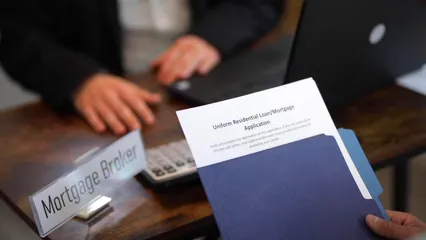
Choosing the Right Location
Choosing the right location is crucial when buying a home in Dubai. It significantly impacts your lifestyle and property value. Factors to consider include proximity to workplaces, schools, and essential amenities.
Popular neighborhoods for first-time buyers include Dubai Marina, Jumeirah Village Circle, and Downtown Dubai. Each area offers unique attractions, from vibrant city life to family-friendly environments.
Research future development plans in your chosen area. Upcoming infrastructure projects can boost property values over time.
Rental yields also vary across neighborhoods. For example, areas like Dubai Marina can offer yields around 6%, making them attractive for investment. For a comprehensive guide on rental yields, check out rental yields in Dubai neighborhoods.
Understanding rental yields can help you make informed investment decisions. Rental yields in Dubai neighborhoods
Visiting neighborhoods in person is a great way to assess their suitability. Walk around, check local amenities, and gauge the community vibe.
Ultimately, selecting the right location can enhance your living experience and ensure a wise investment.

Navigating the Legal Framework
Understanding the legal framework for buying property in Dubai is essential for first-time buyers. The process can be daunting, but being informed helps you navigate it smoothly.
One key aspect is knowing the difference between freehold and leasehold properties. Freehold properties allow you full ownership, while leasehold properties mean you own the property for a set period, typically up to 99 years. Foreign buyers can only purchase in designated freehold areas.
You’ll need specific legal documents for the purchase. This includes the title deed, which proves ownership, and a No Objection Certificate (NOC) from the developer.
Additionally, consult the Dubai Land Department for guidance throughout the buying process. They ensure all transactions comply with local laws and regulations.
Engaging a qualified real estate lawyer can also provide peace of mind. They can help you understand contracts and ensure all legal documents are in order.
Being well-informed about the legal aspects of purchasing property will protect your investment and make your buying experience much smoother.

Finding a Trusted Real Estate Agent
Navigating the Dubai real estate market can be overwhelming, especially for first-time buyers. That’s where a reputable real estate agent comes in. They can simplify the process and help you find your dream home.
First, think about how to choose the right agent. Look for someone with a strong reputation and experience in the Dubai market. Check online reviews and ask for recommendations from friends or family. A skilled agent will know the best neighborhoods and property types that suit your needs.
Next, understand the agent’s role in your buying journey. They will help you identify suitable properties, negotiate prices, and handle paperwork. Their expertise can save you time and avoid costly mistakes.
Before hiring, ask important questions. Inquire about their experience, knowledge of the local market, and how they plan to support you throughout the process. It’s essential to feel comfortable and confident in their abilities.
So, don’t hesitate to interview potential agents. Finding the right partner can make all the difference in your home-buying experience in Dubai.

Conducting Property Inspections
Before sealing the deal on your new home, conducting property inspections is crucial. This step ensures you know what you’re buying and helps you avoid unexpected surprises later.
During inspections, pay attention to key elements. Look for any signs of damage, such as cracks in the walls, leaks, or issues with electrical systems. A thorough inspection can reveal problems that may not be visible during a casual visit.
Hiring a qualified home inspector is a smart move. They have the expertise to identify hidden issues and provide a detailed report on the property’s condition. This information is vital for making informed decisions.
Remember, due diligence is essential. If significant problems arise during the inspection, you can negotiate repairs or ask for a price reduction. This process protects your investment and ensures you’re making a wise purchase.
Schedule inspections with qualified professionals to gain peace of mind before buying. Their insights will guide you toward a sound investment in Dubai’s vibrant real estate market.
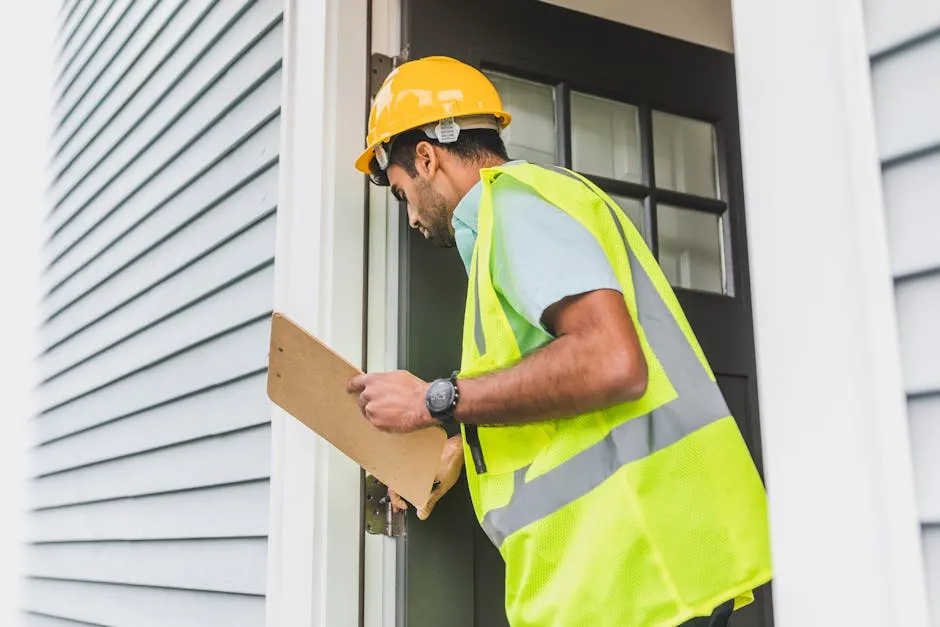
Making an Offer and Negotiating
When you’re ready to make an offer on a property in Dubai, start with thorough research. Understand the market value of similar homes in the area. This will help you determine a fair offer price. Be realistic; overpaying can lead to regret later.
Next, consider your negotiation strategy. It’s often beneficial to start with a slightly lower offer. This gives you room to negotiate while still showing interest. Remember, the seller may have certain emotional attachments to their property, so approach the negotiations with empathy.
Your offer should include essential information. Outline the purchase price, terms, and any contingencies, like home inspections. Having a clear agreement helps both parties know what to expect.
Finally, consulting with a real estate agent can provide valuable insights into effective negotiation tactics. They understand the nuances of the market and can help you secure the best deal. Consider reaching out to one of our agents at Ome Real Estate for expert guidance.
Closing the Deal
Closing the deal on your new home is an exciting milestone. First, you’ll need to prepare for closing costs, which typically include transfer fees, registration fees, and agent commissions. These costs can add up to around 7-8% of the property’s value, so ensure you’re financially ready.
Next, gather all necessary paperwork for the closing process. This typically includes the signed purchase agreement, identification documents, and proof of mortgage approval. Having everything in order will streamline the process.
Before finalizing the purchase, it’s crucial to conduct a final inspection. This allows you to check that the property is in the agreed-upon condition. Look for any last-minute issues that may need addressing.
Finally, remember to prepare for the transfer of ownership. This process usually occurs at the Dubai Land Department, where you’ll officially sign the title deed and receive the keys to your new home. To make this process smooth, consider preparing your documents ahead of time. If you have questions, feel free to reach out to us at Ome Real Estate for assistance.
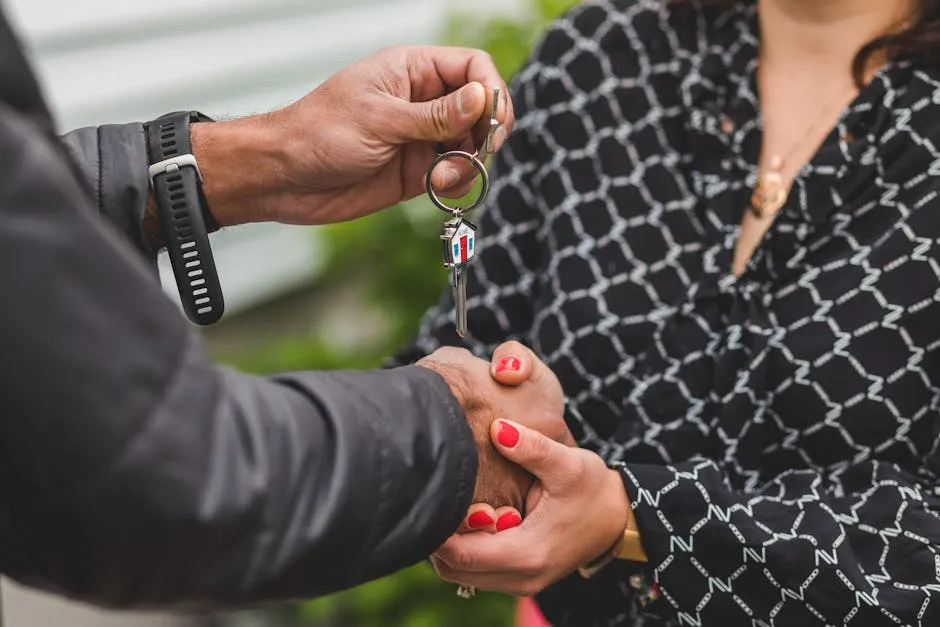
Conclusion
In summary, buying your first home in Dubai can be an exhilarating experience. It’s essential to set a clear budget, research locations, and understand the legalities. Engaging a trusted real estate agent can simplify the process significantly. Remember to get pre-approved for a mortgage to enhance your buying power. With thorough preparation, you’ll navigate the market with confidence. Owning a home in Dubai opens the door to a vibrant lifestyle and long-term investment potential. So, take the leap and make your dream a reality!
FAQs
Can expatriates buy property in Dubai?
Yes, expatriates can purchase property in designated freehold areas. These areas allow full ownership, making it accessible for foreign buyers.
What are the additional costs involved in buying a property?
Expect registration fees around 4% of the property price, agency fees typically at 2%, and maintenance charges. It’s crucial to budget for these extras.
How long does the home buying process take in Dubai?
Generally, the process takes about 30 to 45 days from offer acceptance to title transfer. This timeframe can vary based on specific circumstances.
What is the minimum down payment required for a mortgage?
For expatriates, the typical down payment ranges from 20% to 25% of the property value. Residents may find lower down payment options.
What should I check during a property inspection?
Key aspects include structural integrity, plumbing, electrical systems, and overall property condition. A thorough inspection ensures you’re making a sound investment.
Please let us know what you think about our content by leaving a comment down below!
Thank you for reading till here 🙂
All images from Pexels
